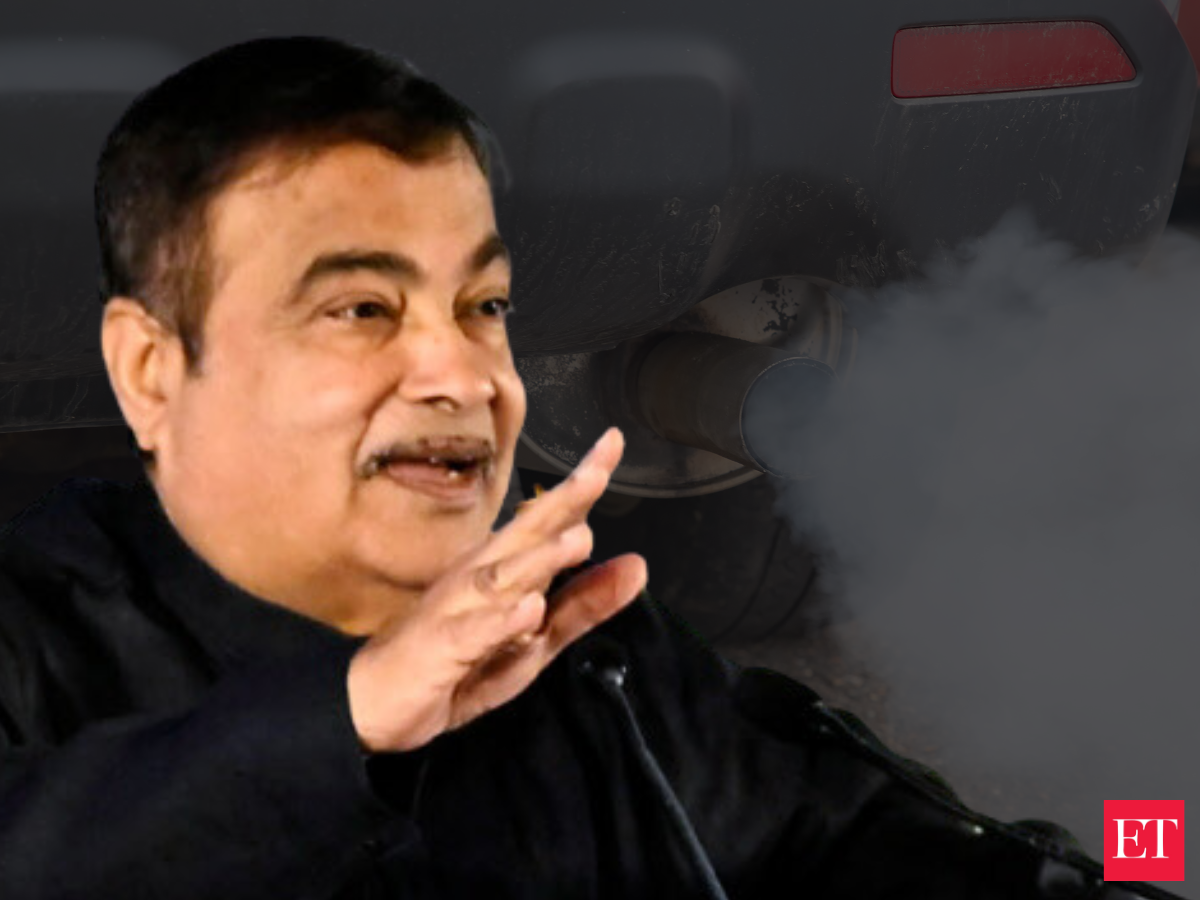Gadkari warned that just like India pushed through stricter fuel emission norms against opposition from the industry, it will similarly drive up taxes to push out diesel vehicles.
“Today (Tuesday) evening, I am scheduled to meet Union Finance Minister (Nirmala Sitharaman). I have already drafted a letter where I have proposed an additional 10 per cent GST (on purchase of diesel cars),” Gadkari said yesterday. He proceeded to warn that taxes on diesel may be increased to such an extent that it would become difficult for auto companies to sell the variants.
Gadkari later clarified that the central government is currently not considering this proposal actively.
Auto stocks ended the previous trading session with losses of 1.86 per cent, oil & gas stocks weren’t spared either. Shares of automakers Mahindra and Mahindra, Tata Motors and commercial vehicle maker, Ashok Leyland, dropped between 2.2 per cent and 2.5 per cent. Commercial reliance
Passenger vehicles in India have shed their preference for diesel vehicles, with petrol variants emerging as the top sellers in recent years – increasing their market share to around 68.4 per cent in January-July 2023 from 42.5 per cent in 2014, according to data from automotive market intelligence provider JATO Dynamics.
The market share of diesel variants in PVs has declined from 47.9 per cent in 2014 to around 18 per cent in January-July 2023.
Yet, among luxury automobiles, diesel variants continue to be popular. Here, their market share has improved from 31 per cent in 2021 to 33 per cent this year so far.
Also, almost all taxis, utility vehicles, and trucks in India still rely on diesel owing to the fuel efficiency factors.
Automaker M&M currently has the highest market share for diesel cars, at 47 per cent of unit sales this year, up from 28 per cent in 2021. Veejay Ram Nakra, chief executive officer for the automotive division of M&M, told ET Now that any change in duty structure “will certainly have an impact on the volume of sales.”
A Reuters report shows that about 9,62,000 commercial vehicles were sold in India from April 2022 to March 2023, up 34 per cent from a year earlier.
“If implemented, this would be a huge negative for commercial vehicle makers, potentially bringing degrowth to the segment,” said Amit Hiranandani, an analyst at brokerage SMIFS.
Electric CVs, long way ahead
India has in recent years promoted electric vehicle sales with tax incentives, though less than 2% of India’s nearly 4 million car sales last fiscal year were EVs.
Currently, India depends on roads to transport 70 per cent of its goods. Keeping up with increasing consumer demand would mean India needs to more-than-quadruple its truck fleet by 2050, bringing significant climate concerns. The price of electric trucks is higher than that of diesel variants, with the lack of charging infrastructure still a significant impediment.
India currently has the capacity of one charger per 135 electric vehicles, compared to the global average of one charger per 20 EVs. Bloomberg expects sales of large trucks to increase the most, globally, between 2023 and 2040.
The central government has a Rs 10,000 crore subsidy programme to boost sales of electric two and three-wheelers, PVs and electric buses. State governments too have separate EV policies, but no state has truck-related guidelines, reports say.


